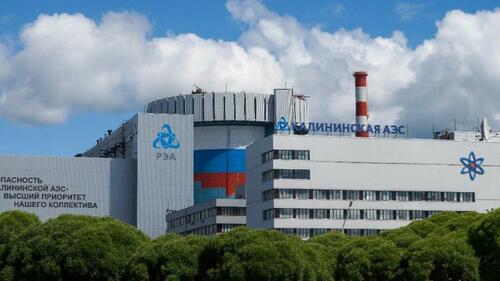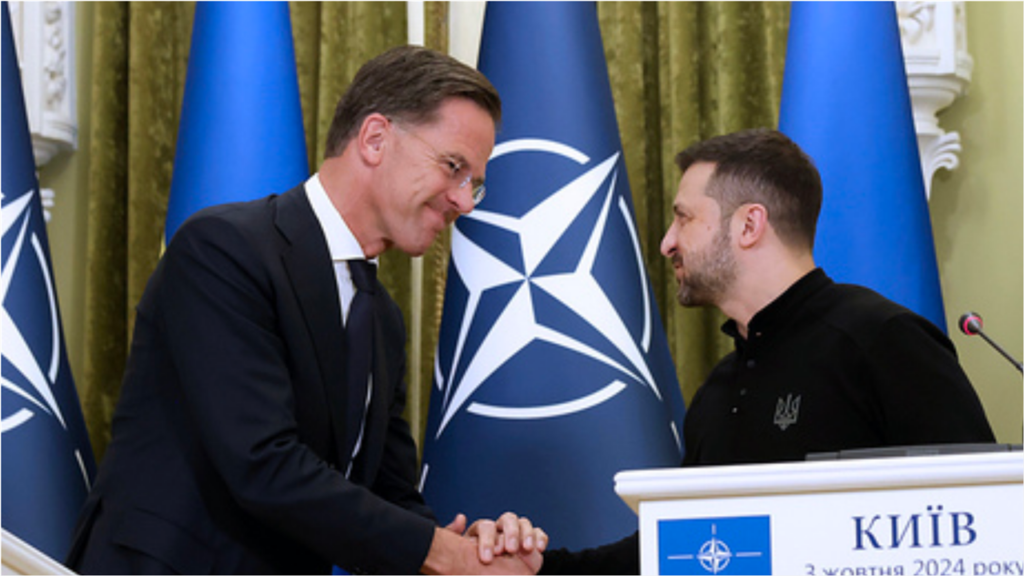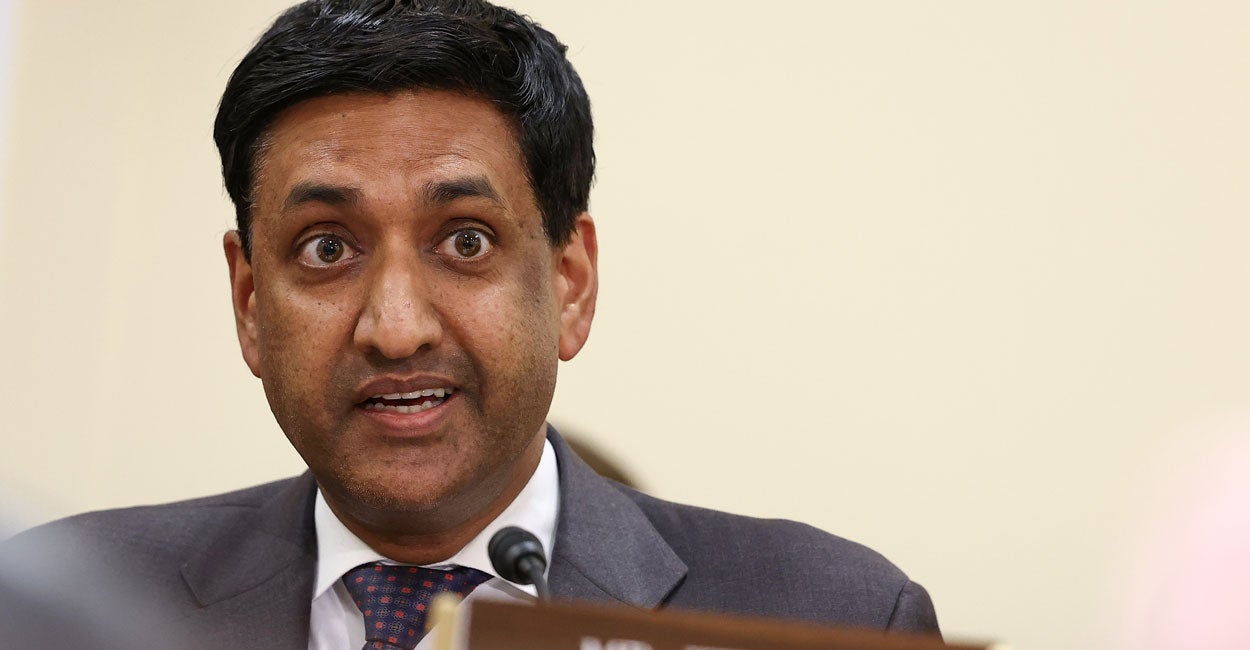Iranian Nuclear Scientists In Clandestine Visit To Russian Atomic Sites, Alarming West

Iranian nuclear scientists made a covert trip to Russia in the summer of 2024 to inspect facilities involved in technologies potentially linked to nuclear weapons development, according to a report by the Financial Times, which cites official correspondence, travel documents, and corporate records it obtained.
This suggests that Russia has already provided more technical and possibly material support to Iran’s nuclear development than previously known. However, it’s also been no secret that Moscow and Tehran have deepened their trade, technology, and defense partnership in recent years, particularly after the Ukraine war began.
Russia has long defended the sovereign right of the Islamic Republic to develop its own nuclear energy, while Israel and the United States have sounded the alarm over what they suspect is a nascent and covert push to achieve an atomic bomb.
The FT report says a small group of Iranian experts led by prominent nuclear physicist Ali Kalvand entered Russia using diplomatic passports in August 2024, under the guise of being employees of a Tehran-based consulting company.
In Moscow the group visited a research site which features systems with both civilian functions and possible applications in nuclear weapons research. The report highlights the presence of a scientist who is known to specialize in neutron generators, devices that can be used to initiate nuclear detonations, identified as Soroush Mohtashami.
The publication writes of the broader context and atmosphere of deep suspicion surrounding such trips abroad by such nuclear delegations:
The trip to Russia took place at a time when western governments were noticing a pattern of suspicious activity carried out by Iranian scientists, including attempts to procure nuclear-relevant technology from abroad. Western intelligence agencies believe that Iran used to have a secret nuclear weapons programme — separate from its efforts to produce nuclear fuel — which Supreme Leader Ayatollah Ali Khamenei halted in 2003.
But group leader Kalvand told Russian scientist Oleg Maslennikov that the purpose of the trip was to discuss technical and production aspects of electronic devices and pursue broader avenues for scientific collaboration.
The FT report, and the trove of documents it obtained and analyzes, alleges that procurement of tightly monitored nuclear materials was a priority for the Iranian team as well. “The documents also suggest that the delegation’s interest extended beyond technical expertise to something far more sensitive: radioactive materials,” the report says.
“In late May last year, while Kalvand was arranging the delegation’s trip to Russia, he sent a short letter on DamavandTec-headed paper to Ritverc, a Russian supplier of nuclear isotopes,” FT details. “Kalvand said DamavandTec wanted to obtain three radioactive isotopes, tritium, Strontium-90 and Nickel-63, for research purposes. He did not specify what quantities were being requested.”
The report concedes that there’s as yet no evidence that the Iranian group ultimately procured any of these isotopes from Russia, however. But it is still setting off alarm bells in the West, given the following:
Tritium has civilian applications in lighting, medical diagnostics and fusion research — but its commercial use is limited and highly regulated. Azimirad’s expertise in radiation transport and detection could potentially relate, according to Bunn, to the kinds of measurement systems involved in nuclear implosion testing, where tritium can be used.
The few reactors on earth that currently produce it are all doing so to boost nuclear warheads, according to William Alberque, a former head of Nato’s arms control, disarmament and WMD non-proliferation centre. “Anybody asks for tritium and I automatically assume weapons,” says Alberque, now a senior adjunct fellow at the Pacific Forum. “With the klystrons I think, ‘You clever duck, it could be other things.’ You throw in tritium and I say, that’s a smoking gun.”
All of this activity was of course long before this summer’s Israeli-US attack on Iran’s nuclear facilities. This 12-day war has likely only hastened the Islamic Republic’s desire for a bomb – assuming it was on this track to begin with.
BREAKING:
A new Financial Times investigation shows that Russia has been helping the Islamic Regime in Iran with research on nuclear weapons.
On August 4th last year, a flight from Tehran carrying Ali Kalvand, a 43-year-old Iranian nuclear scientist, landed in Moscow.
He was… pic.twitter.com/1iXkPNW5jQ
— Visegrád 24 (@visegrad24) August 5, 2025
Among Iranian leaders’ chief complaints has been the extreme security imbalance in the region, given Israel has an undeclared nuclear arsenal. The reality also remains that two countries on Iran’s borders have been subject of US-led regime change operations: Iraq and Afghanistan.
And Libya, after it gave up any nuclear aspirations, was overthrown and Gaddafi killed. Tehran has taken note, and perhaps now realizes that its only chance of survival could be the nuclear path. After all, it even got bombed – without warning – while engaged in good faith negotiations with Washington on the nuclear issue.
Loading recommendations…











